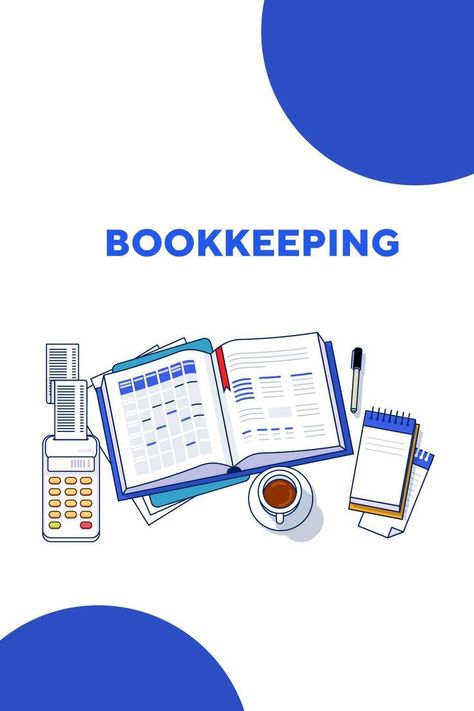Common Bookkeeping Mistakes UAE Businesses Must Avoid

Introduction
Bookkeeping plays a vital role in the financial health of any business. In the UAE, where businesses must comply with strict tax regulations such as VAT and corporate tax, accurate bookkeeping is not just a necessity—it is a legal requirement.
However, many companies, especially startups and SMEs, unknowingly make common bookkeeping mistakes that lead to financial mismanagement, compliance risks, and penalties. Recognizing these errors early can help you safeguard your business and maintain a strong financial foundation.
Top Bookkeeping Mistakes to Avoid
1. Not Keeping Proper Financial Records
Businesses often fail to record transactions correctly, leading to inaccurate financial reports and tax discrepancies.
Missing or incomplete records can result in compliance issues, making it difficult to track expenses, profits, and cash flow.
Proper financial record-keeping ensures that all transactions are documented for audits, tax filings, and business decision-making.
2. Mixing Personal and Business Finances
Many business owners use the same account for personal and business transactions, leading to tax complications and difficulty in tracking business expenses.
Having separate business bank accounts and credit cards makes bookkeeping easier and ensures financial clarity.
3. Delayed or Incorrect VAT Filings
The UAE’s Value Added Tax (VAT) law requires businesses to file accurate and timely tax returns.
Late VAT filings or incorrect tax calculations can result in hefty fines from the Federal Tax Authority (FTA).
A professional bookkeeping service ensures that all VAT obligations are met, helping businesses avoid penalties.
4. Ignoring Bank Reconciliation
Bank reconciliation is the process of matching financial records with bank statements to identify discrepancies.
Ignoring this process can lead to untracked transactions, cash flow inconsistencies, and potential fraud.
Monthly bank reconciliations ensure that your records are accurate and up to date.
5. Poor Cash Flow Management
Without a clear understanding of cash inflows and outflows, businesses may struggle to cover expenses, salaries, and tax obligations.
A well-managed cash flow strategy ensures that businesses have sufficient working capital and financial stability.
6. Failing to Track Accounts Receivable and Payable
Delayed customer payments can negatively impact cash flow, while unpaid supplier invoices can damage relationships and lead to service disruptions.
Regular monitoring of accounts receivable and accounts payable ensures timely collections and payments.
7. Overlooking Expense Categorization
Misclassifying business expenses can lead to incorrect financial statements and potential issues during audits.
Proper expense categorization provides a clear understanding of where money is being spent and helps in budgeting and financial planning.
How Young & Right Helps You Avoid These Mistakes
At Young & Right, we specialize in outsourced bookkeeping services in the UAE, helping businesses maintain financial accuracy and compliance. Our team of experts ensures that your books are error-free and in line with UAE regulations.
Our Key Bookkeeping Solutions:
Accurate record-keeping to ensure all financial transactions are correctly documented and categorized.
VAT and tax compliance to handle your tax obligations with accuracy and timely submissions.
Regular financial reviews and monthly reconciliations to detect and prevent discrepancies.
Cash flow management to help businesses track their finances for better planning and sustainability.
Get Expert Bookkeeping Support Today
Avoid costly bookkeeping mistakes that can hurt your business. Partner with Young & Right for professional bookkeeping services in the UAE and stay compliant while focusing on growth.
Contact us today for a consultation and take control of your business finances.
